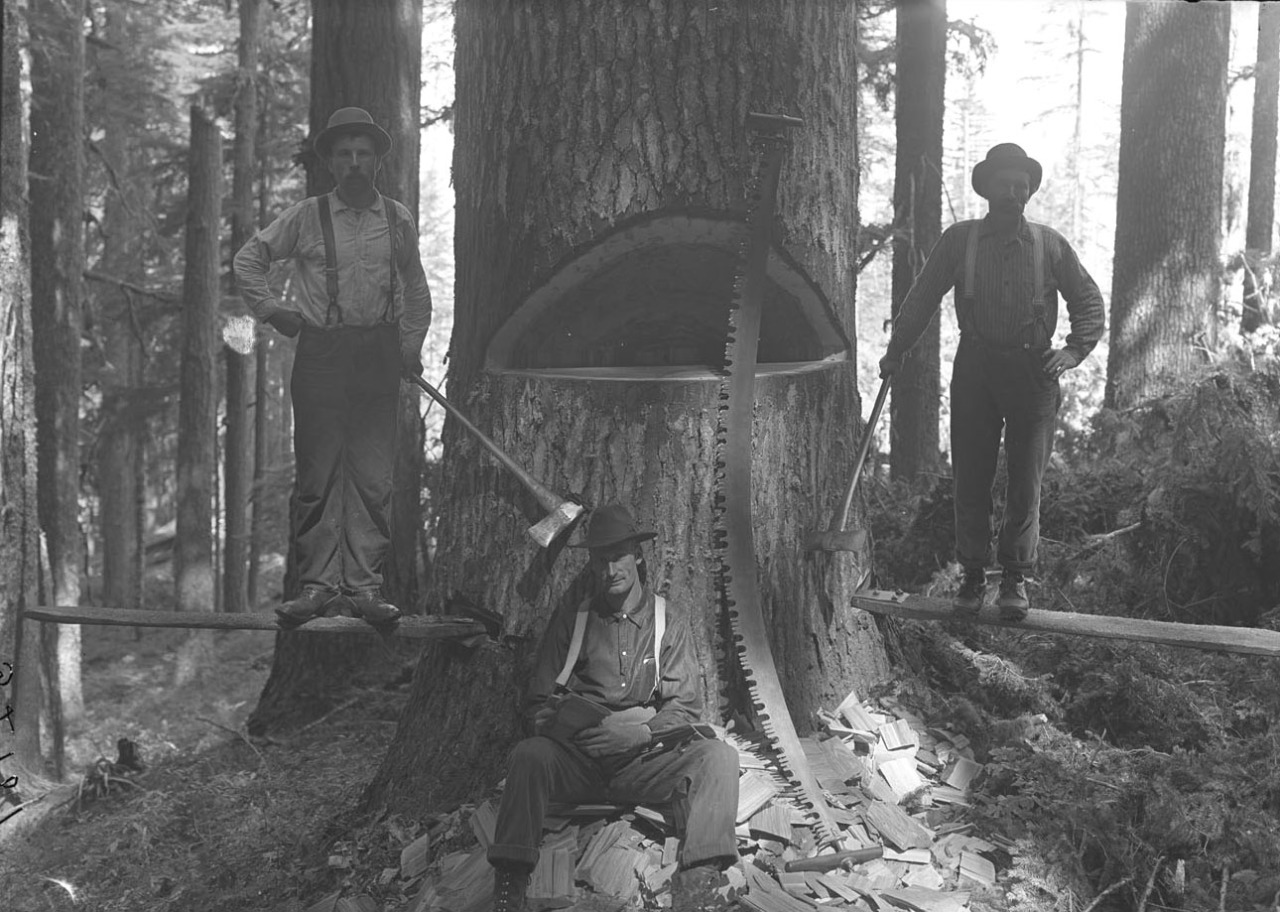 Kathy never liked history class. She found memorizing lists of battles, generals, causes, and Acts of Congress to be boring. But she liked to read, and she particularly liked reading books about people from the past. She read and reread Laura Ingalls Wilder’s Little House Books. Ann Rinaldi’s novels became favorites when she was a bit older. Those books told stories. And stories that are well written have the ability to bring history to life. Kathy learned history in spite of herself.
Kathy never liked history class. She found memorizing lists of battles, generals, causes, and Acts of Congress to be boring. But she liked to read, and she particularly liked reading books about people from the past. She read and reread Laura Ingalls Wilder’s Little House Books. Ann Rinaldi’s novels became favorites when she was a bit older. Those books told stories. And stories that are well written have the ability to bring history to life. Kathy learned history in spite of herself.
Books about Abraham Lincoln told the story of a man who grew up poor and ended up as President of the United States, and Kathy read dozens of books about him. It was the combination of Story and Character that hooked Kathy on American history. It was a natural leap from Lincoln to the Civil War, and Kathy read extensively on the subject. Her interest in the Civil War led to her debut novel, LIKE A RIVER.
Firmly believing that historical fiction is the best way to interest students in history, Kathy writes historical fiction novels and short stories. If readers get invested emotionally in characters and their stories, history becomes more than dry facts.
But Kathy does not set out to teach history lessons. Her goal is to tell a compelling story that engages readers and makes them want to turn the page. If she can make history live and breathe for those readers the way it does for her, she is satisfied. Her favorite compliment on LIKE A RIVER was “I felt I was right there.” That’s what she sets out to do, to let her words put a reader in a different place and time. Sometimes, it’s the Civil War, but other time periods interest her, too. From America’s Colonial days to the attacks of 9/11, good books about our nation’s past have a way of drawing Kathy in. Her second novel, EMPTY PLACES, takes place during the Great Depression in Harlan County, Kentucky.
Eliot Parker Interview
Making history come alive is not an easy task. It takes more than just writing. Kathy has to read the dry volumes she used to avoid, in order to verify facts about a place, event, or time period. She also travels to the sites where her novels take place. She feels if she wants to make her readers feel they are “right there,” she has to go there first. She finds research trips invigorating, and it’s always exciting to uncover a new fact or historical tidbit that will help make the story better.
While Kathy worked on writing historical fiction novels, the Grateful American Foundation also searched for a way to make history more interesting for students. They created the Grateful American Book Prize to honor biographies or books of historical fiction they feel make history come alive for young readers. Kathy’s LIKE A RIVER won the very first Grateful American Book Prize. She was honored to receive the award from people who are as dedicated to American history as she is. And the award was presented to her at Lincoln’s Cottage in Washington DC. The man who helped fuel her interest in history spent summers in that cottage when he was President. It seemed so very appropriate.


